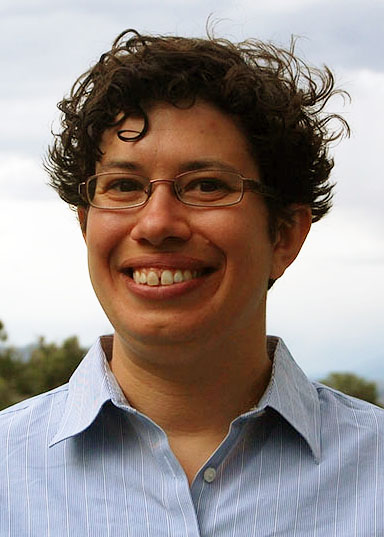Building Coherence in STEM Learning Opportunities for Pre-Service Elementary Teachers
across
Disciplinary Boundaries

Dr. Lauren Barth-Cohen is the PI for a new NSF Grant that is a joint project between the College of Education and the College of Science and involves faculty from Ed Psych, ECS, Special Education, UITE, Department of Physics and Astronomy, CSME, and Department of Mathematics. Jordan Gerton (Physics and CSMS) is a Co-PI and Aaron Bertram (math) is also a Co-PI. Also, involved in the grant is Mary Burbank, Sharlene Kiuhara, and Eric Poitras.
Overview:
Building Coherence in STEM Learning Opportunities for Pre-Service Elementary Teachers
across
Disciplinary Boundaries, an exploration and design study in the Engaged Student Learning track, aims to
advance our understanding of how undergraduate pre-service elementary teachers learn
STEM content
knowledge, instructional practices for teaching STEM, and principles and dispositions
around equity and
justice in a coherent manner based on common practices, principles, language, and
pedagogical
approaches across redesigned STEM teaching methods and content courses. This project
will involve a
working group of faculty from the College of Education and the College of Science
at the University of
Utah, who will collaboratively redesign and implement all STEM-focused courses with
a goal of building
coherence. This design-based research project will test, refine, and improve specific
conjectures about the
pre-service elementary teachers' learning of content and instruction in the context
of these courses. This
project involves a multi-disciplinary team of vested parties across the institution
with collective expertise
in mathematics education research, science education research, learning sciences,
technology education,
teacher education, and STEM disciplinary knowledge. Uniquely, this project concentrates
on building
STEM coherence for pre-service elementary teachers who are by definition generalists,
in ways that
leverage key connections between STEM disciplines. Results will advance our understanding
of preservice
teachers' learning of STEM content and instruction in this novel cross-disciplinary
approach.
Intellectual Merit:
Elementary teachers play a significant role in shaping children's current and future
opportunities to learn,
identify with, and develop interest in STEM subjects; however, elementary teachers
often struggle to
teach STEM disciplines in ways that align with current research on STEM instruction.
Furthermore,
research on teacher education has repeatedly documented challenges with a lack of
coherence and
fragmentation in teacher education programs that further exacerbates these problems.
Yet, in recent years,
reforms in both mathematics and science education (Common Core State Standards for
Mathematics,
Next Generation Science Standards) have foregrounded and explicitly called for coherence
across STEM
disciplines. This project aims to deliberately leverage connections across STEM fields
to build coherent
and rigorous preparation in content and methods coursework across disciplines and
colleges. A focus on
two key disciplinary connections (representations and arguments) that function as
central knowledge
generation opportunities in classrooms and align with current math and science reforms,
will function as
key underpinnings as we design, implement, and study new content and methods courses
for pre-service
teachers (PSTs). The results of this project will advance knowledge by: (1) Contributing
to the growing
literature on how to foster PSTs learning of STEM content, instructional practices
for teaching STEM,
and principles and dispositions around equity and justice; (2) Contributing to opening
up a focus on
disciplinary connections between STEM fields in a coherent and rigorous model of elementary
teacher
preparation; and (3) Contributing a two-pronged roadmap for how to build disciplinary
coherence in
STEM pre-service programs that focuses on content knowledge for teaching and how it
develops over
time, along with how that feeds into the learning of core practices for teaching in
equitable ways.
Broader Impacts:
This project will advance our understanding of how to create coherent STEM learning
opportunities for
pre-service elementary teachers, who will be responsible for engaging all students
intellectually and
socially ambitious STEM instruction. Furthermore, our new two-pronged roadmap could
be widely used
by other institutions to implement disciplinary coherence in their elementary STEM
pre-service
programs. This three-year project will redesign and implement eight STEM related courses
across two
colleges that will impact approximately 200 elementary teachers and countless students
over its lifetime.
The project will be implemented at the University of Utah, the premier research university
in the state,
located along the Wasatch front, which has a growing and diverse population. Dissemination
will be
directed towards public school teachers and administrators, STEM teacher educators,
educational
researchers, and policy makers through academic publications, Internet resources and
outreach to impart
a large audience that includes members of the public, students, and educators across
the United States.
